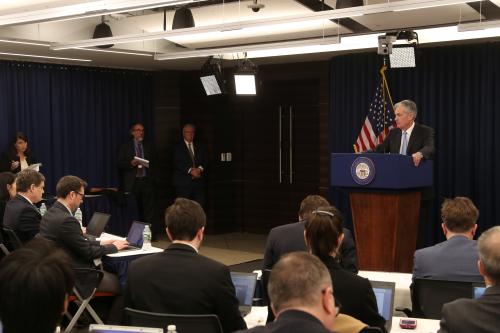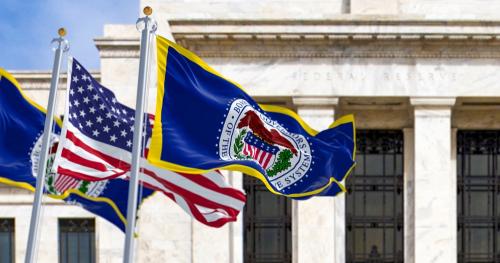This lecture and those of the economists with whom Bernanke shared his prize are available here.
Ben S. Bernanke, distinguished senior fellow in Economic Studies, shared the 2022 Sveriges Riksbank Prize in Economic Sciences in Memory of Alfred Nobel. “Through statistical analysis and historical source research,” the Nobel committee said, “Bernanke demonstrated how failing banks played a decisive role in the global depression of the 1930s. Bernanke’s research shows that bank crises can potentially have catastrophic consequences. This insight illustrates the importance of well-functioning bank regulation.”
In his Nobel lecture delivered in Stockholm on December 8, 2022, Bernanke summarized his work on how stress in credit markets leads to increases in the cost of borrowing and reduces availability of credit with consequential effects on the macro economy. He offered two case studies: the Depression—the subject of the work that the Nobel committee cited—and the 2007-2009 Global Financial Crisis, which hit while he was Federal Reserve chair. His analysis, Bernanke said, implies a need for effective regulation to make the financial system more resistant to shocks, a macroprudential perspective by policymakers, and adequate tools to fight crises when they happen.
- Watch the full lecture below
- Download the transcript >>
- Download the slides >>
The Brookings Institution is committed to quality, independence, and impact.
We are supported by a diverse array of funders. In line with our values and policies, each Brookings publication represents the sole views of its author(s).


Commentary
Banking, credit, and economic fluctuations: Bernanke’s Nobel Prize lecture
December 12, 2022